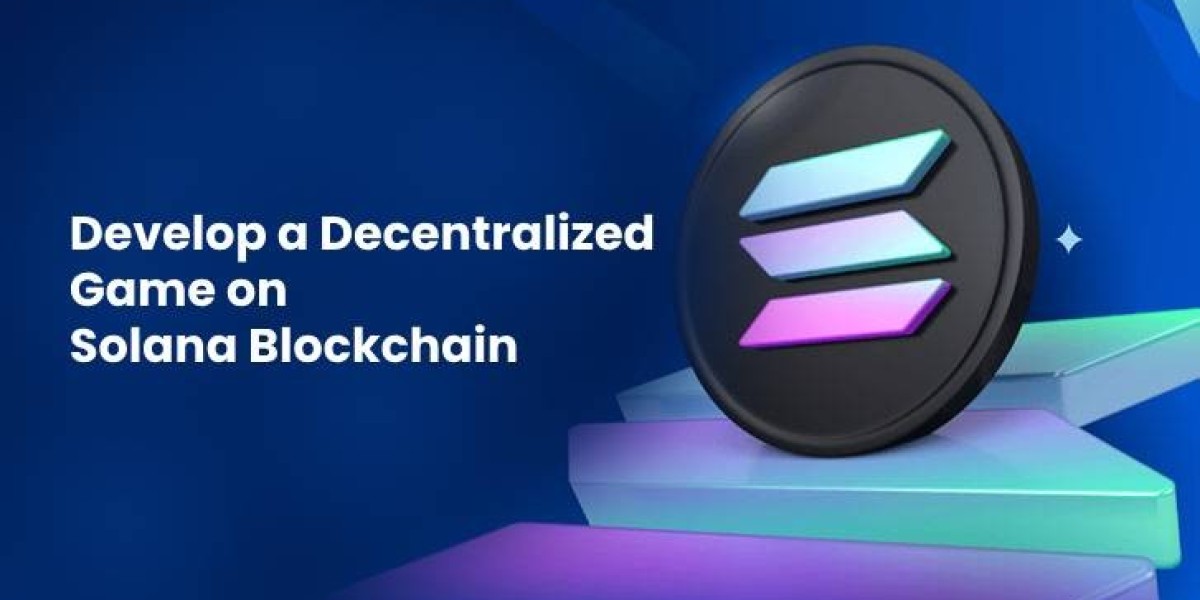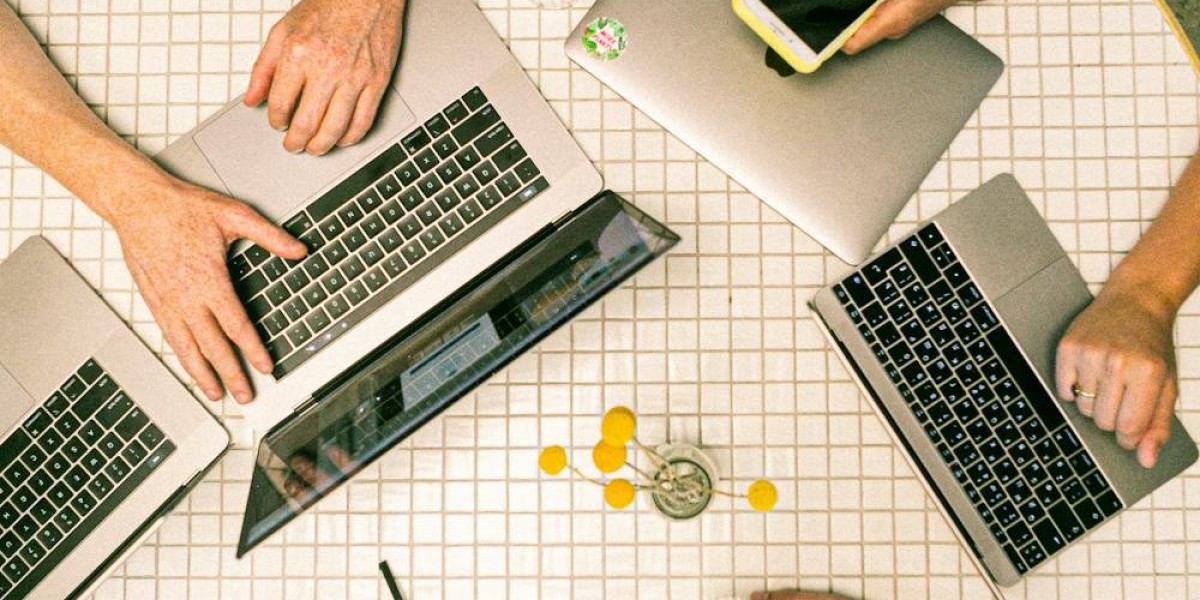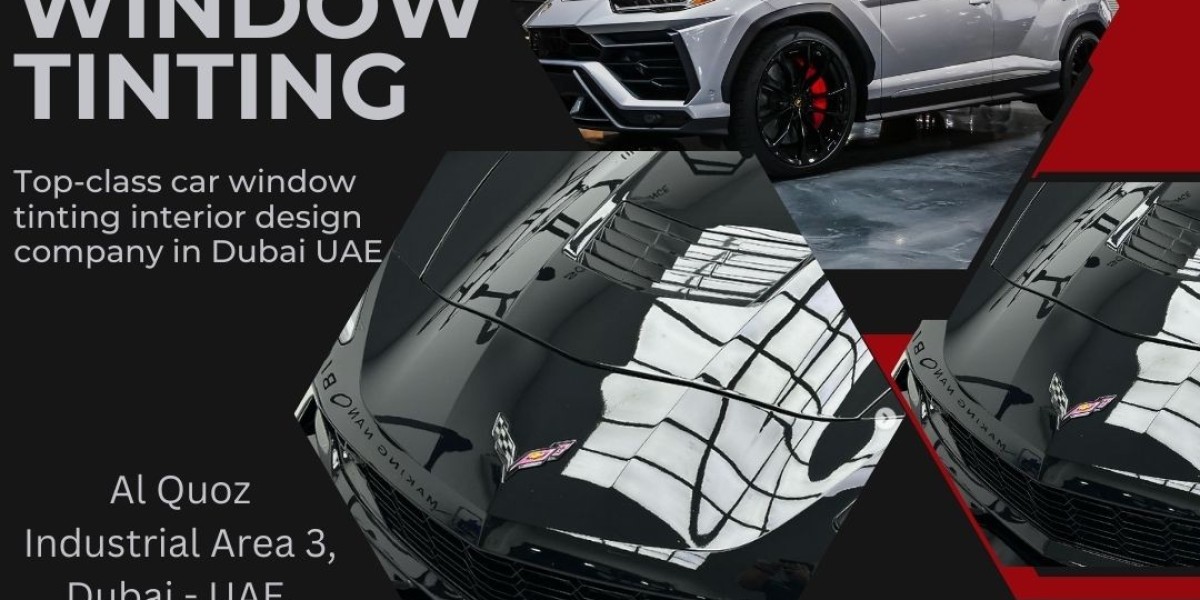In recent years, blockchain technology has revolutionized various industries, including gaming. With its ability to provide transparency, security, and decentralization, blockchain has opened up new possibilities for creating immersive gaming experiences. One blockchain platform that has gained significant attention in the gaming community is Solana. Its high performance and low transaction costs make it an ideal choice for developing decentralized games. In this blog post, we will explore the process of creating a decentralized game on the Solana blockchain and discuss the role of blockchain game development services in this endeavor.
What is Solana Blockchain
Solana is a high-performance blockchain platform for decentralized applications (DApps) and crypto-native projects. It stands out for its scalability, reaching 65,000 transactions per second (tps) and sub-second confirmation times. These characteristics make Solana ideal for gaming applications that require fast transaction speeds and low latency.
Key Steps in Building a Decentralized Game on Solana
1. Conceptualization:
The first step in creating a decentralized game in Solana is to conceptualize the game idea. Developers must define game mechanics, storyline, and user experience. They should also consider how blockchain technology improves the game and engages players.
2. Smart Contract Development:
Smart contracts are important in decentralized games because they manage various aspects such as property ownership, in-game transactions, and player interactions. Developers must write smart contracts using programming languages such as Rust or Solidity and deploy them on the Solana blockchain.
3. Integration with Solana Ecosystem:
Once smart contracts are deployed, developers must integrate them into the Solana ecosystem. It involves integrating the game front, backend and smart contracts to seamlessly interact with the Solana blockchain.
4. User Interface Design:
Designing an intuitive and visually appealing user interface (UI) is essential for engaging players in decentralized games. Developers should focus on creating a user-friendly interface that facilitates easy access to game features and interacts transparently with blockchain components.
5. Testing and Deployment:
Before launching a decentralized game, thorough testing is essential to ensure functionality, security, and performance. Developers should conduct extensive testing of smart contracts, game mechanics, and user interfaces. Once the test is complete, Solana can be deployed on the blockchain for players to access.
Role of Blockchain Game Development Services
Blockchain game development services play an important role in the process of creating decentralized games on platforms like Solana. These services offer expertise in blockchain technology, game development, and user experience design, helping developers bring their game ideas to life. Some of the key services offered by blockchain game development companies include:
1. Smart Contract Development:
Experienced blockchain developers can write and deploy smart contracts tailored to the needs of decentralized games, ensuring security, performance, and compliance with blockchain standards.
2. Game Design and Development:
Game development services include game design, programming, artwork, animation, and sound design. These services ensure that decentralized games are engaging, immersive, and enjoyable for players.
3. Blockchain Integration:
Integrating decentralized games with blockchain platforms like Solana requires specialized knowledge of blockchain protocols, APIs, and SDKs. Blockchain game development services handle the integration process seamlessly, enabling smooth interactions between the game and the blockchain.
4. Testing and Quality Assurance:
Testing services ensure decentralized games are free from bugs, glitches, and vulnerabilities before being launched to the public. Quality assurance processes involve comprehensive testing of game mechanics, user interfaces, and blockchain interactions to deliver a high-quality gaming experience.
5. Maintenance and Support:
After the decentralized game is launched, maintenance and support services are essential for addressing issues, implementing updates, and providing ongoing assistance to players and developers.
Conclusion
Building a decentralized game on the Solana blockchain offers exciting opportunities for game developers to create innovative and immersive gaming experiences. By leveraging the scalability and performance of the Solana blockchain and partnering with blockchain game development services, developers can bring their game ideas to life and tap into the growing market of blockchain gaming.
At Clarisco, we offer comprehensive blockchain game development services, including smart contract development, game design and development, blockchain integration, testing, and maintenance. Contact us today to learn more about how we can help you build a decentralized game on the Solana blockchain and unlock the full potential of blockchain gaming.








